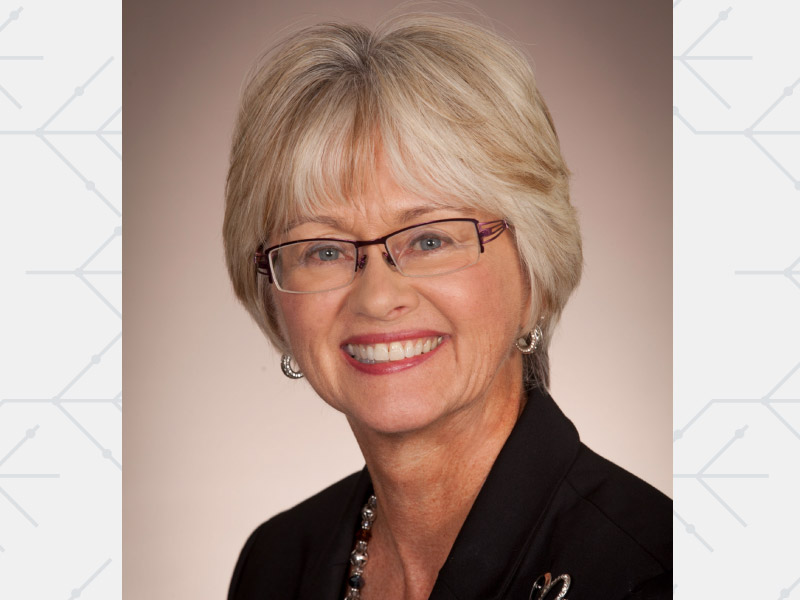Easing patients' distress has been a heartfelt mission for honoree

Sandra Dunbar recognized early in her career that self-care and quality of life were essential for cardiovascular patients, their families and caregivers. Since receiving one of her first research grants from the American Heart Association in 1983, much of her work has focused on the psychosocial aspects of managing heart disease.
"A lot of patients' distress was because of a lack of understanding about what was happening to their health and why," said Dunbar, a cardiovascular nursing professor and senior associate dean for academic advancement at Emory University. "Patients appreciated knowing not just what they needed to do, but why they should do it and how to do it."
Since becoming a nurse in 1972, Dunbar has made scientific, educational and policy contributions that have improved cardiovascular health care for patients around the world.
"I kept getting put in positions where I was called to do the best I can do for others," she said.
This work ethic has included volunteering with the American Heart Association for almost 40 years, holding 24 volunteer positions primarily at the national level, including chairperson of the Council on Cardiovascular and Stroke Nursing. She also has served in more than 100 roles at schools of nursing, universities, health systems and in the community.
Dunbar's lifetime of service has earned her the AHA's Healthcare Volunteer of the Year award, which she'll receive June 22 in a virtual ceremony livestreamed at 6 p.m. CDT. The award isn't usually given to a senior scientist, which makes Dunbar appreciate it even more.
"This award is very humbling to me," she said. "I'm so grateful for the AHA because that [early] grant is what gave me confidence that my work was fundable and launched my research success."
She later received larger grants for larger studies that were funded by the National Institutes of Health and the National Institute of Nursing Research.
Dunbar's research has led to more than 160 peer-reviewed publications that detail the experiences of cardiovascular patients and families. Her studies, with a robust inclusion of underrepresented women and Black participants, have produced novel family-focused interventions to improve their care. And her expertise is reflected in several AHA scientific statements, guidelines and policy statements.
Dunbar said one of the most rewarding parts of her career is teaching and mentoring undergraduate, graduate and postdoctoral trainees. She has served in AHA's mentoring programs and led multiple training and professional development sessions. Her contributions earned her the Kathleen Dracup Distinguished Career in Mentorship Award from the AHA Council on Cardiovascular and Stroke Nursing in 2020.
COVID-19 restrictions last year pushed her to try new ways to motivate and engage faculty and students through technology and remote learning, she said. She also had to help them adapt and continue research projects that were delayed because of the pandemic.
"I tried to encourage faculty who were running into barriers in their work to think about how they could reframe what was possible and important for the time."
The extra work, she said, was worth it.
"Early on, I discovered how extremely rewarding it is to help others," she said. "I also realized the more you give through service in organizations like the American Heart Association, the more you get back."





